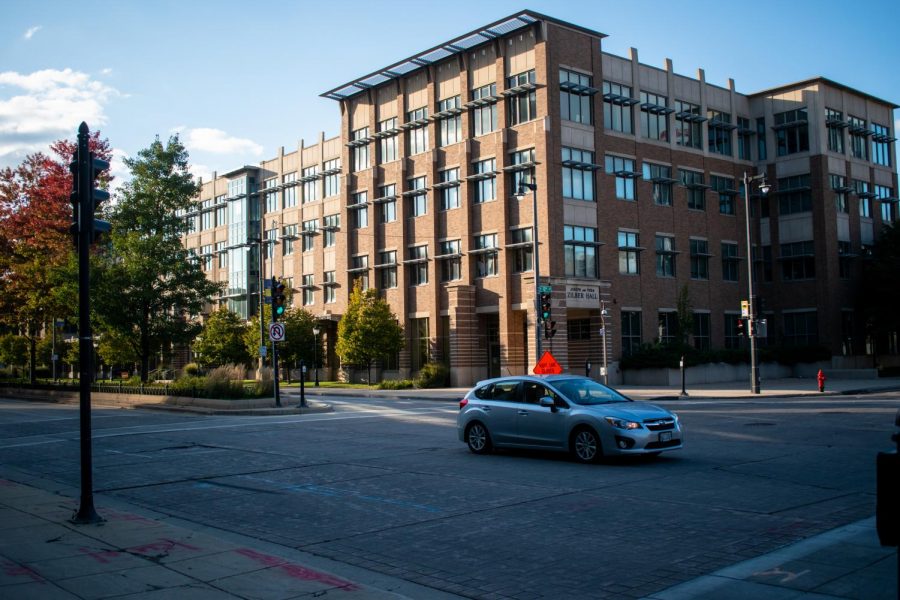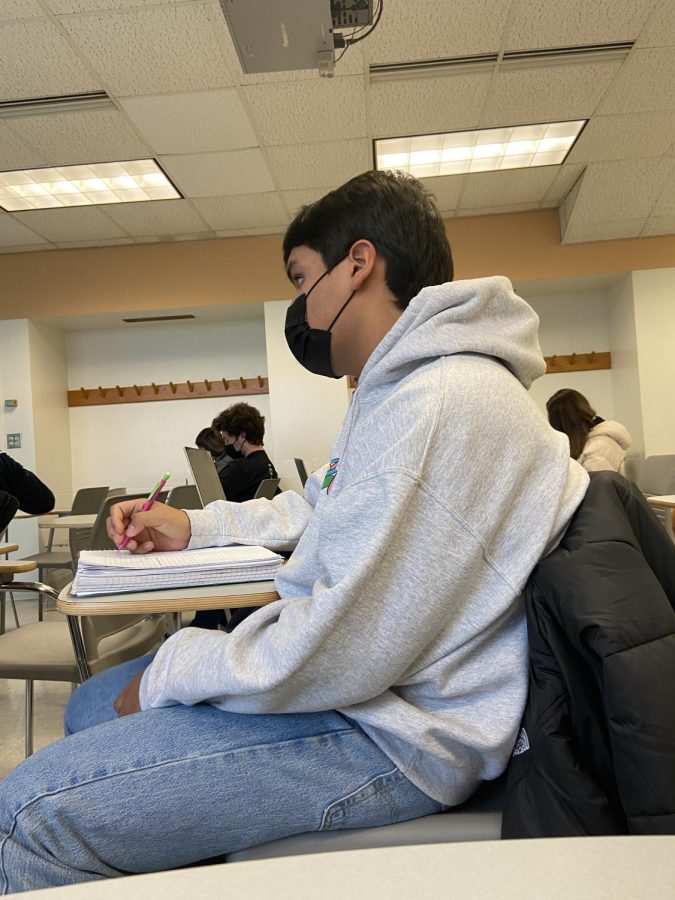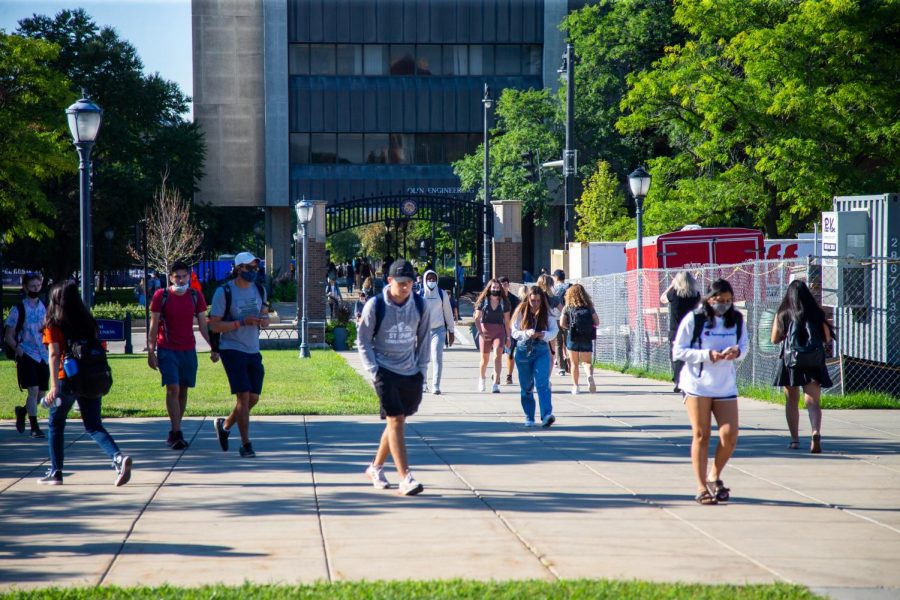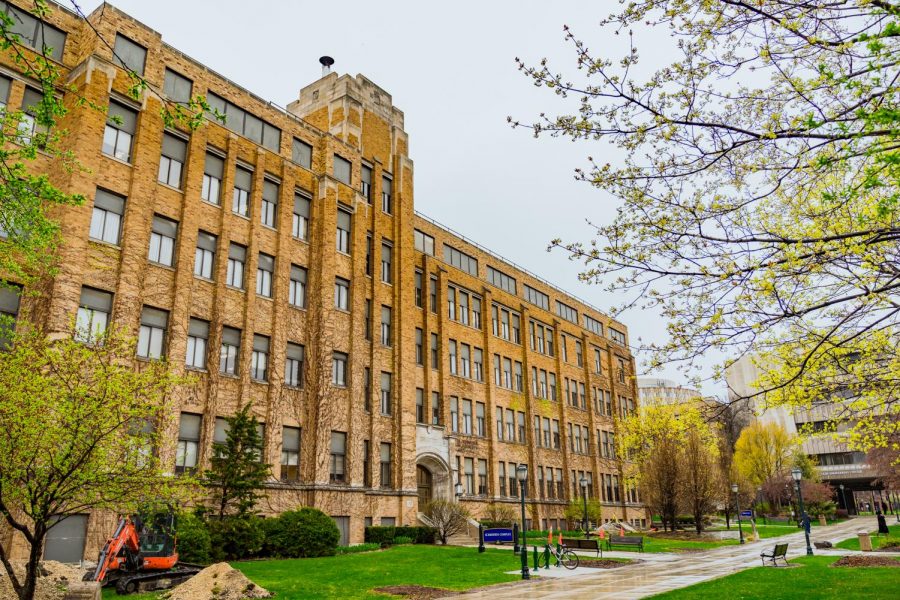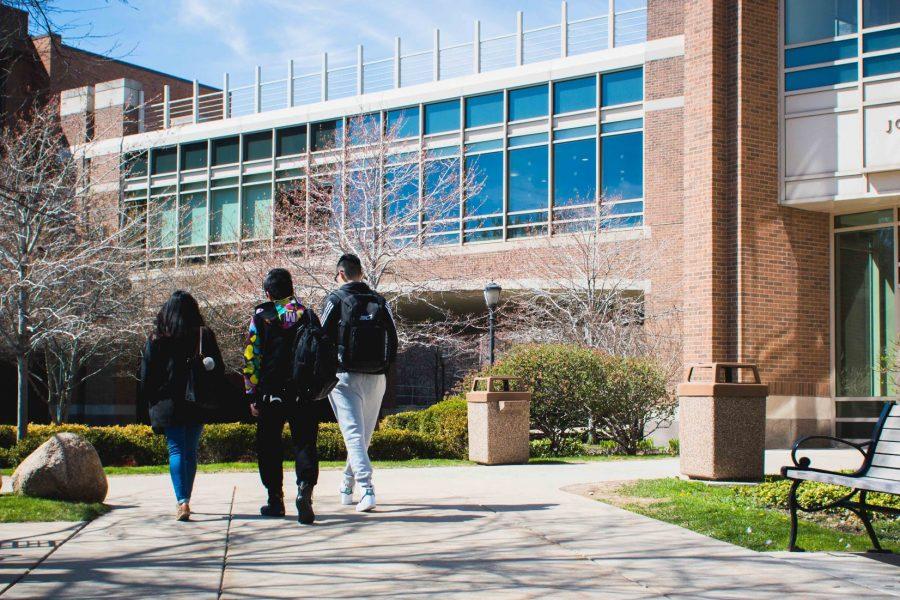Before Marquette University’s upcoming break from in-person activities and courses on campus, beginning Nov. 25 and lasting into late January 2021, it is essential that the university makes a decision regarding classes for the spring semester. No matter the decision, whether it resembles the fall 2020 semester structure or is a completely new online or in-person structure, students, faculty and staff need to be informed.
The decision must be one that is well-intended, well-informed and for the well-being of the university, its students and Milwaukee. Before making a decision, it is key that the university looks at trends of COVID-19 cases in Milwaukee and adheres to rules and suggestions made by the Wisconsin Department of Health and Services.
In addition, if a decision is made to proceed with in-person classes, the university must enforce mandatory testing on a bi-weekly basis for its students, as well as a test for every student upon arrival on campus. This is essential for the university, as it would provide accurate and up-to-date statistics regarding the spread of COVID-19 on campus. At the beginning of the fall 2020 semester, students were not required to get tested for COVID-19 before coming back to campus. If students return to campus for the spring 2021 semester, they should be required to get COVID-19 tested.
A failure to do so is extremely irresponsible and ignorant, as it is essential for the city of Milwaukee, its citizens and the university to make sure Marquette’s COVID-19 Dashboard accurately represents that of its population, with no room for error. The university’s COVID Cheq is insufficient, to say the least, as it lacks professionalism and relies heavily on the university’s students to self-diagnose. A four question survey is not able to correctly identify whether or not a student has COVID-19 because students may not show symptoms.
Furthermore, it is important that students, faculty and staff remain informed regarding any tentative plans for the spring 2021 semester before returning home for roughly six weeks.
Doing this is extremely important, as students come from all over the world. In addition, students rely on Marquette to make a decision before the upcoming break, as accessibility to the residence halls over break is not likely.
If in-person classes are further suspended, it is essential that the university allows its students and faculty time to prepare and adjust to the new type of remote learning. As mentioned, students must be given the opportunity to clean out residence halls and bring home belongings prior to the upcoming break. Commuters and students who previously opted to take fully online classes also deserve the opportunity to make a well-informed decision regarding their options for the spring semester.
In addition, students will want to know what their spring semester will look like. If in-person classes and residence living continues, safety procedures must be followed and enforced, similar to the fall semester. Also, students should have the personal decision to return to in-person classes or take online classes if the university opens up for the spring semester. As the university has seen, residence halls are a hot spot for COVID-19, so Marquette must be proactive to ensure that influxes in residence halls do not occur again.
On the contrary, if in-person classes are permitted, professors must be given the opportunity to decide whether or not they will teach in-person courses, hybrid forms of courses or fully online courses. It is essential that the faculty make personal decisions that correlate with health standards and regulations of the Wisconsin DHS and ones that they are comfortable with.
The safety of the students and faculty, as well as the city of Milwaukee, must be kept at the forefront of decision making. The health and well-being of this university and this city will ultimately rely on the trends of COVID-19 and the university’s upcoming decision.
This story was written by Max Pickart. He can be reached at max.pickart@marquette.edu

